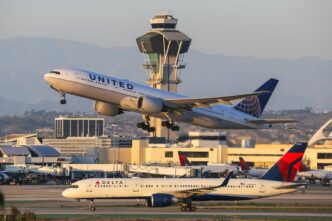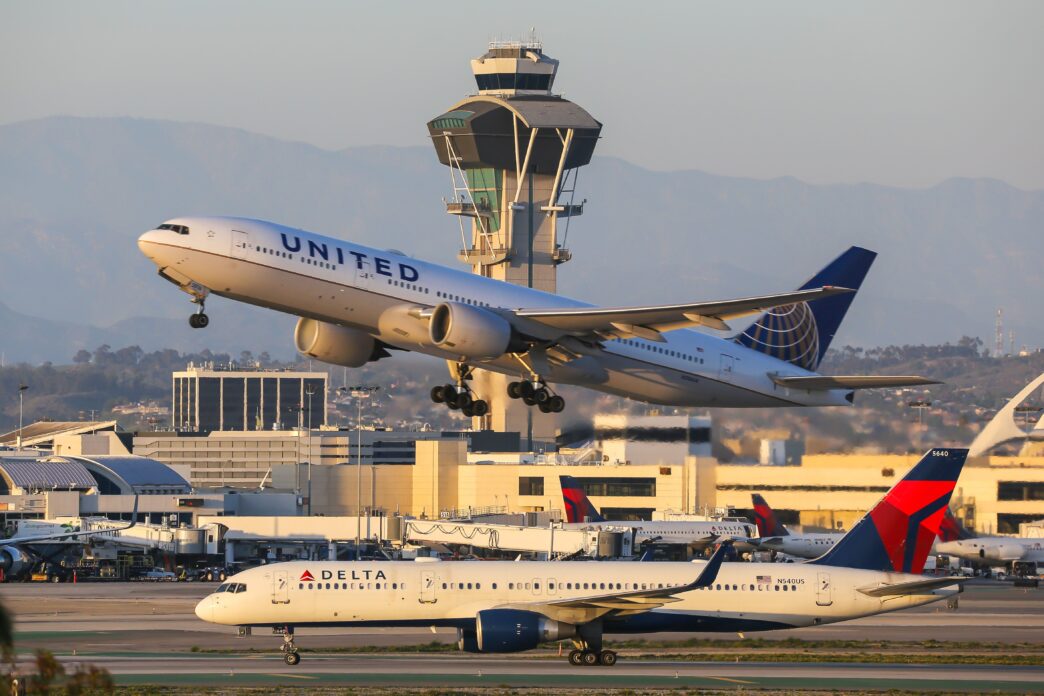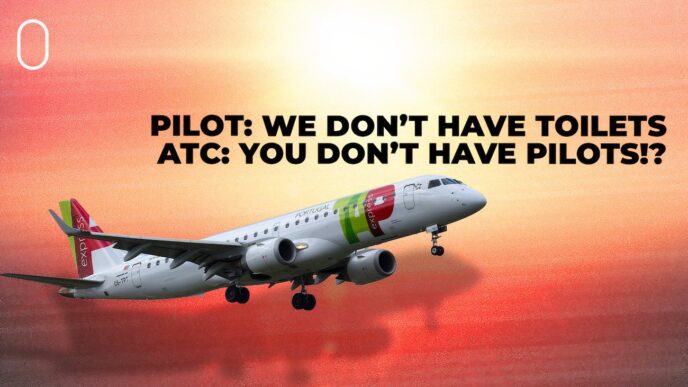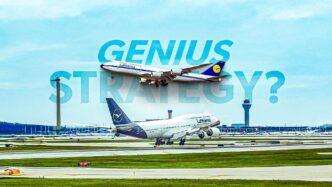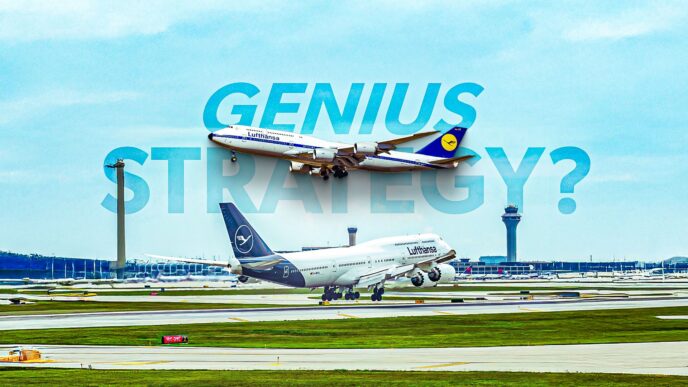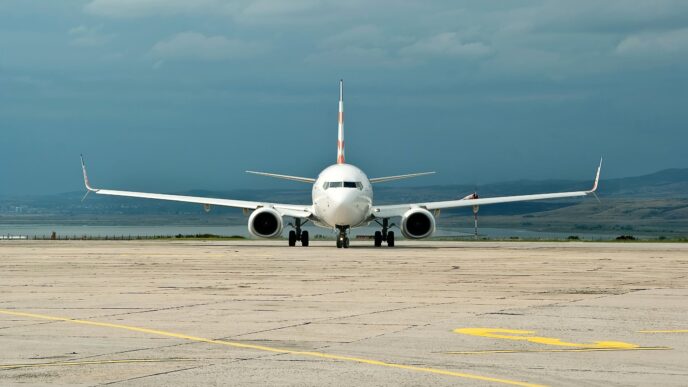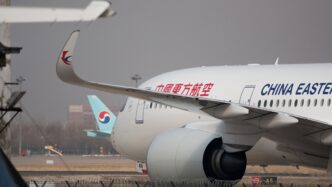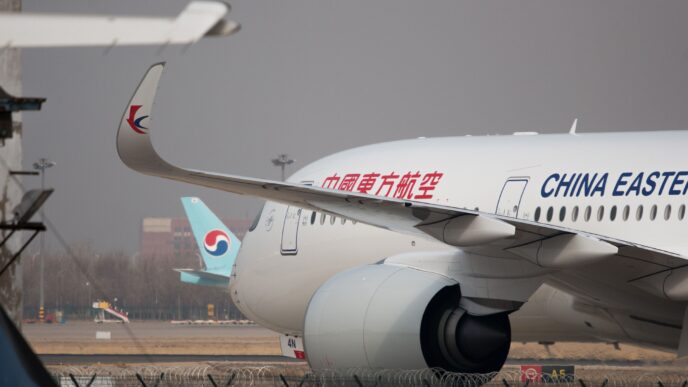United Airlines has taken a strong stance against Delta Air Lines, accusing it of misrepresenting its joint venture (JV) with Aeromexico. This comes as Delta fights to keep its antitrust immunity intact. The Trump Administration has decided not to renew this immunity, citing Mexico’s alleged misuse of bilateral aviation agreements. In addition, new restrictions have been placed on Mexican carriers flying to the US.
In a recent Department of Transportation (DOT) filing, United addressed what it calls “inaccurate claims” made by Delta. Delta had argued that its JV was beneficial to the public, but United countered by highlighting differences in how the DOT has handled similar situations. Delta pointed to Tokyo Haneda Airport (HND) as an example, where United and ANA have antitrust immunity, suggesting a double standard. United dismissed this as a “false equivalence,” noting that the Mexican government has not reinstated confiscated slots at Mexico City (MEX), unlike the more open slot access at HND. United also criticized Delta for not taking advantage of available slots.
Delta also mentioned Lisbon Airport (LIS), claiming that TAP’s control of slots there gives an unfair edge to its partners, including United. United responded by saying that its cooperation with TAP is limited and not comparable to Delta’s extensive JV with Aeromexico. United concluded that Delta’s argument is flawed, as it overlooks the unique circumstances and negotiation histories of each airport.
At the heart of the Delta-Aeromexico JV issue is Mexico’s breach of the US-Mexico bilateral agreement. In 2022, Mexico unexpectedly revoked slots from several US carriers at MEX, citing congestion and construction plans that never materialized. Additionally, cargo carriers were forced to move their operations to Felipe Ángeles International Airport (NLU) with little warning, causing significant disruption.
#AviationNews #AirlineIndustry #UnitedVsDelta
Originally reported by Simple Flying Read More
